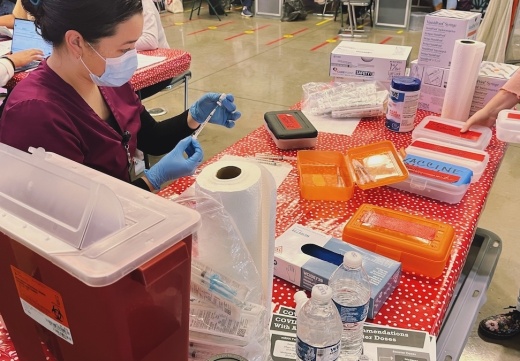Digging deeper
Officials said the new case brings Austin-Travis County's total case count to 281. At-risk individuals in the area are encouraged to get the Jynneos mpox vaccine and follow precautions to protect themselves and others from the spread of the virus. In February, the city received a half-million-dollar grant for these vaccines, and they have been distributed to various local health authorities including Austin Public Health, CommUnity Care, Kind Clinic and Vivent Health.
The bottom line
The Centers for Disease Control and Prevention raised concerns about a resurgence of mpox over the spring and summer months after a cluster of mpox cases were reported in the Chicago area in April and May. Nine of the cases were among men who had received two Jynneos vaccine doses. Officials said this demonstrates the importance of following precautions even when vaccinated. According to the World Health Organization website, anyone can get mpox regardless of gender identity or sexual orientation.
What the experts say
Protective measures to help reduce the spread of mpox include:
- Being fully clothed and avoiding skin-to-skin contact with strangers
- Limiting close and/or intimate contact to people you know, including sharing items like drinks and blankets
- Wearing well-fitting masks in close quarters when social distancing isn’t possible to reduce direct exchange of mouth/nasal fluids
- Washing/sanitizing your hands as well as cleaning surfaces
- Staying home if you feel sick or experience any symptoms
Symptoms can include:
- Fever, headache, muscle aches and backache
- Swollen lymph nodes and chills
- Exhaustion
- A rash that can look like pimples or blisters that appears on the face, inside the mouth and on other parts of the body, such as hands/palms, feet/soles of feet, chest, genitals or anus
- The rash goes through different stages before healing completely and lasts two to four weeks.
Quote of note
“This could be the first of many new cases in our community if we aren’t cautious and follow the practices we know work to protect ourselves and others,” said Dr. Desmar Walkes with the Austin-Travis County Health Authority in the news release. “Vaccines are readily available through APH and community partners. The time is now to get your vaccine.”





